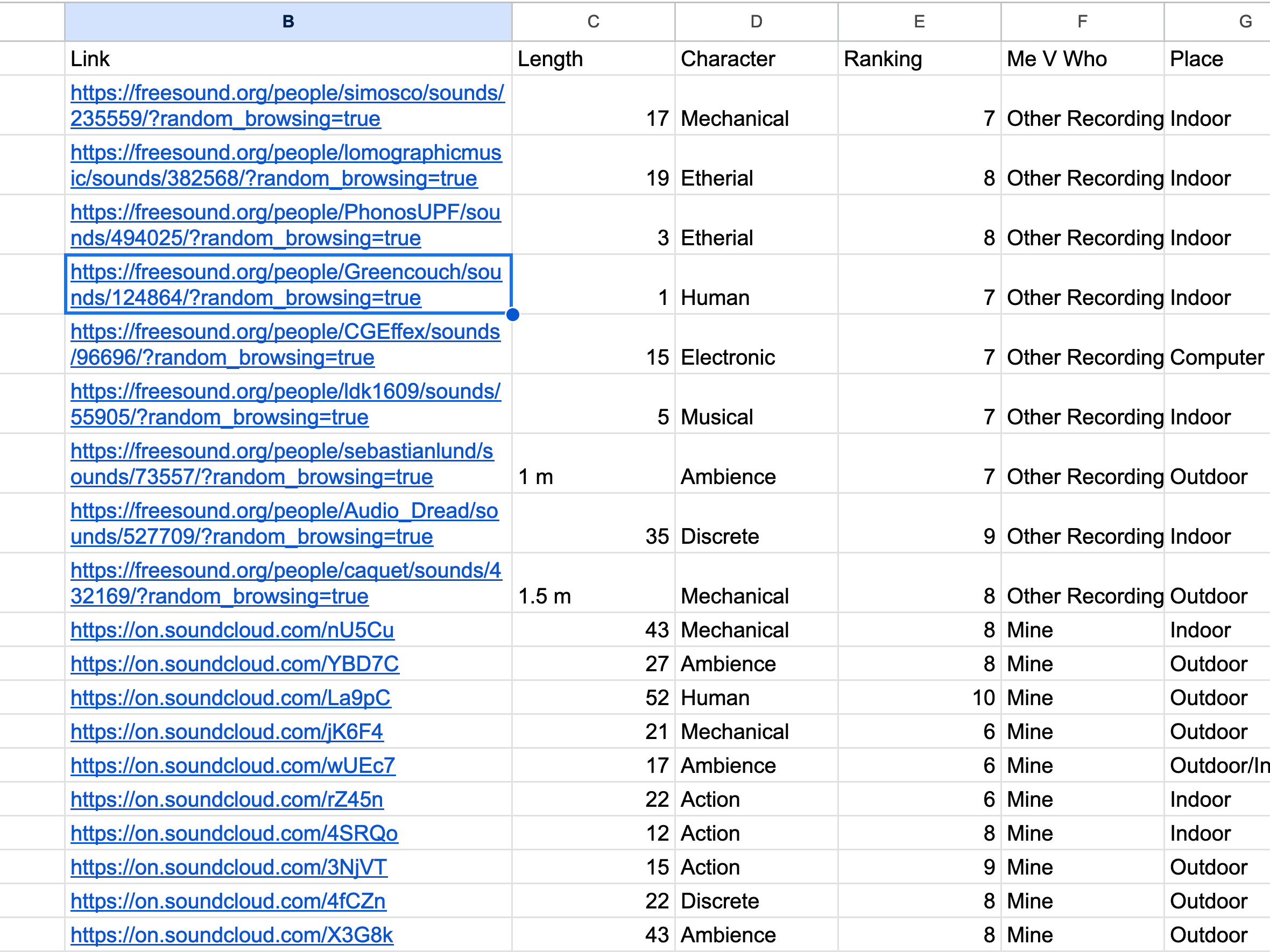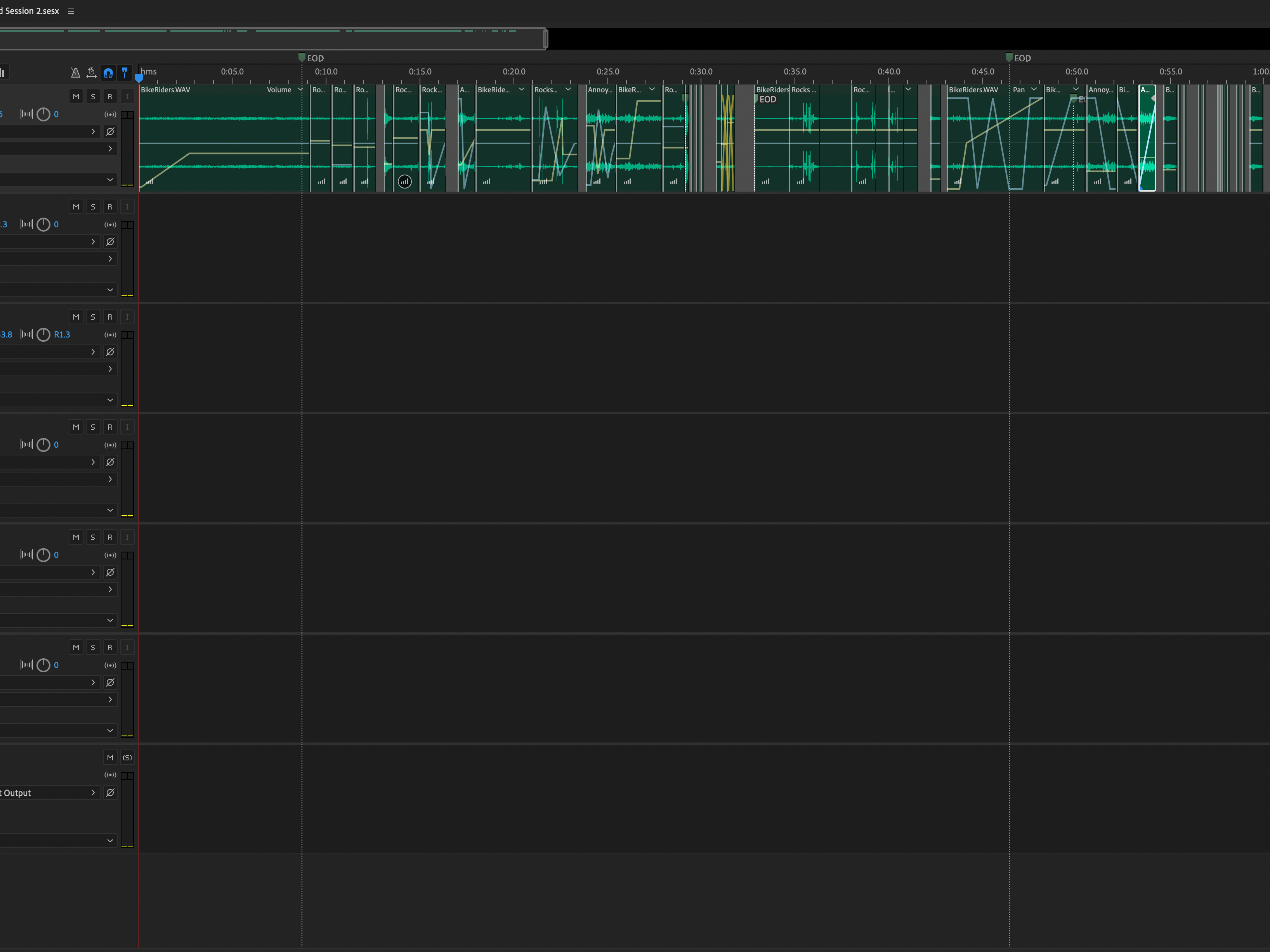Max Gibson
Sound
Prof. Miranda-Hardy
November 1st, 2023
Individuality in Sound
In finding one’s self, Brandon LaBelle asserts that the marking quality of Lucier’s voice is his stutter, and it is the one aspect of Lucier’s experiment that is completely present throughout the entire piece. LaBelle even goes so far as to assert that the “stutter drives the work, as original motivation, as lingering sonic, as an auditory figure haunting the work…” (126). Although I may just have bad ears, I stop hearing Lucier’s stutter around 30 minutes, but this does not give me reason to stop. Instead, I tread on listening to the recording(s) for the sake of seeing how far the amalgamation and resonance will go into somewhat of a synthesis. What I take argument with is the idea that it is the stutter that defines Lucier throughout the piece and that the identification of Lucier and the stutter is the primary driving force that keeps an audience member engaged throughout the piece.
The primary reason that I don’t believe that the stutter is the main identifying factor of Lucier is that there is something in his voice that communicates something far more important to me as a human: tone or emotion. Biologically, I am wired to hear how another member of humanity is feeling to determine my relation to them and how I react to them. In the good old days, the Paleolithic Age, my survival was dependent on whether or not the person I was hearing was interested in bashing my head in with a stone or not. Although we have long since evolved from those times, in a sense, our survival is dependent on how others use their tone to speak to us as we cannot survive too far shunned from society. Therefore, what I remember most about him is not his stutter but the fact that he has a serious tone. Although the stutter is somewhat of an interesting tidbit, especially rhythmically, I don’t believe that is what keeps me going nor is it how I mark the presence of humanity in the recording or not. What keeps me going is the eventual inability to perceive humanity and the hope of receiving some kind of sonic synthesis by the end of the piece.
Moreover, I am curious to see the relationship between this piece and Cavarero’s ideas about the human voice, because, essentially, the English in Lucien’s voice is eventually enveloped by the sounds of both him and the room’s blurring of his voice. That is, as the uniqueness of each individual is characterized by aspects of their voice outside of language, can and should they be characterized by how their voice interacts with different environments? And, would Cavarero consider the end result of “I am sitting in a room” to be a human voice at all? If the end resulting sound is some sort of equilibrium of the room, would it be affected by the uniqueness of the person speaking’s voice or would it just result in the same end sound with the room entirely taking over and removing all aspects of humanity in the sound.

